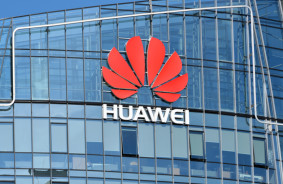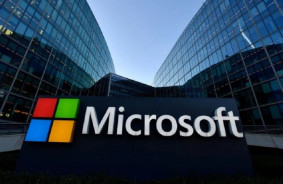The comments made by Intel CEO Pat Gelsinger regarding TSMC's risks related to China have strained relations between the two companies and cost Intel significant discounts.
According to Reuters, prior to Gelsinger's remarks, TSMC had offered Intel an enormous 40% discount on 3nm chip production. However, the Taiwanese firm decided to withdraw its offer. Since Gelsinger took the helm at Intel, the company has focused on regaining its chip manufacturing leadership and has created a contract manufacturing division to compete with TSMC. At the same time, Intel collaborates with TSMC for the production of its own chips.
In 2021, TSMC extended an impressive 40% discount to Intel on its 3nm process, which was then the most advanced technology available. A wafer at that time cost $23,000, and TSMC offered them for $14,000. At that time, Intel was trying to secure U.S. government subsidies for its contract manufacturing efforts. As part of these endeavors, Gelsinger consistently highlighted the geopolitical risks related to concentrating semiconductor production in Taiwan.
Some of his comments sparked disputes with TSMC founder Dr. Morris Chang, which occurred during the Fortune Brainstorm technical conference in Half Moon Bay, California. During the event, Gelsinger remarked that Taiwan is not an unstable location. His comments were not well-received in Taiwan, and Chang was quite frank in his response, stating that Gelsinger was too old to enact significant changes at Intel, and that his remarks were aimed at securing subsidies for the company. Chang also noted that the Intel chief's comments were emotional rather than outlining how his company would surpass TSMC.
After TSMC rescinded the discount, Intel was forced to pay the full price for 3nm products, adversely affecting its profits. Additional details shared by insiders pertain to artificial intelligence chips. They indicate that Gelsinger's public statements regarding Intel's AI chip sales were more optimistic than the company's internal expectations. These challenges also compelled Intel to cancel an agreement with Alphabet and pay a fee following legal threats.
Reuters further cites a “recent planned document” from an Intel supplier, hinting at possible delays with the 18A process. Sources from the publication add that Intel's clients are skeptical about the readiness of the 18A process for mass production in 2026. Qualcomm and Apple have also reportedly opted against utilizing this process due to Intel's issues.
Source: Wccftech














Comments (0)
There are no comments for now